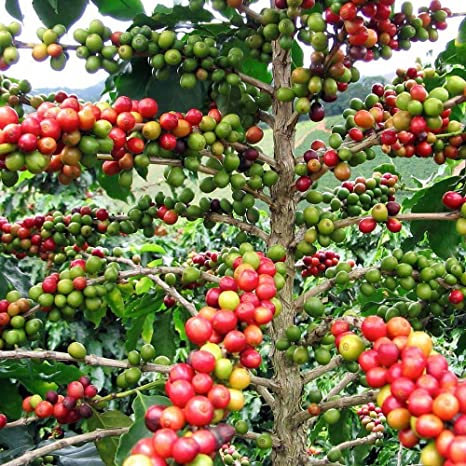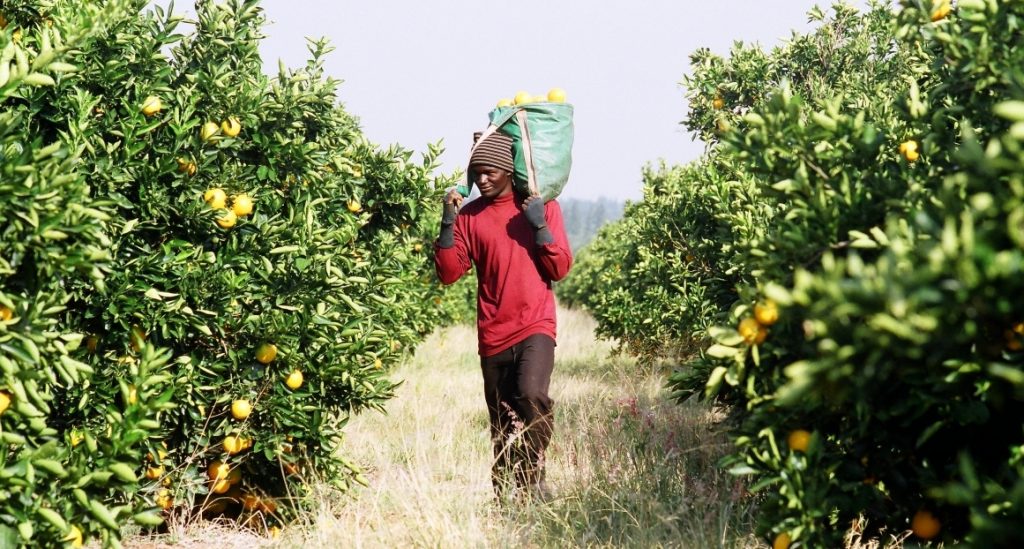The future of agriculture in the face of climate change is a critical and
complicated challenge. Climate change is already impacting agriculture
through shifts in temperature, precipitation patterns, extreme weather events,
and the prevalence of pests and diseases. Here are some key aspects of how
agriculture might evolve to adapt to and reduce the impacts of climate change:
1. Resilient Crop Varieties: Developing and adopting crop varieties that are
more resilient to changing climatic conditions is crucial. This includes crops
that can withstand higher temperatures, variable rainfall, and resist pests and
diseases.
2. Precision Agriculture: Precision agriculture involves using technology, such
as sensors, and data analytics, to optimize the use of resources like water,
fertilizers, and pesticides. This can enhance efficiency, reduce waste, and
mitigate environmental impacts.
3. Diversification of Crops and Livestock: Crop diversification and the
integration of diverse livestock can enhance the resilience of agricultural
systems. This could involve planting a variety of crops that are better suited to
changing conditions and can provide a buffer against unexpected events.
4. Water Management: Efficient water management practices, including the use
of drip irrigation and rainwater harvesting, will become increasingly important
as water availability becomes more unpredictable due to climate change.
5. Agroforestry: Integrating trees and shrubs into agricultural landscapes can
provide multiple benefits, including improved soil health, water conservation,
and carbon sequestration. Agroforestry practices can enhance overall
resilience to climate change.
6. Digital Agriculture and Big Data: The use of digital technologies, such as
satellite imaging, IT devices, and big data analytics, can provide farmers with
real-time information to make more informed decisions about planting,
irrigation, and pest control.
7. Climate-Smart Agriculture: This approach involves adapting agricultural
practices to climate variability and mitigating the impact of climate change. It
encompasses a combination of sustainable practices, technologies, and
policies tailored to local conditions.
8. Policy and Research Support: Governments, international organizations,
and research institutions play a crucial role in supporting farmers through
policies that incentivize sustainable practices, research on climate-resilient
crops, and the dissemination of knowledge and best practices.
9. Insurance and Financial Support: The development of climate-resilient
agriculture requires financial instruments such as crop insurance to protect
farmers from climate-related losses. Governments and private sectors need to
work together to provide financial support and risk management tools.
10. Public Awareness and Education: Increasing awareness among
farmers about the impacts of climate change and providing education on
sustainable and climate-smart practices is essential for successful adaptation.
Addressing the challenges of climate change in agriculture requires a multi-
faceted and collaborative approach that involves governments, farmers,
researchers, and the private sector working together to develop innovative and sustainable solutions




